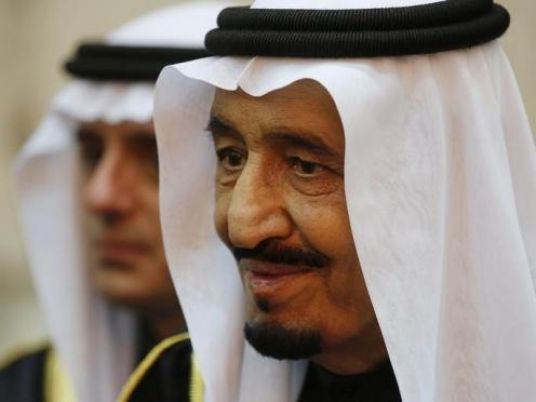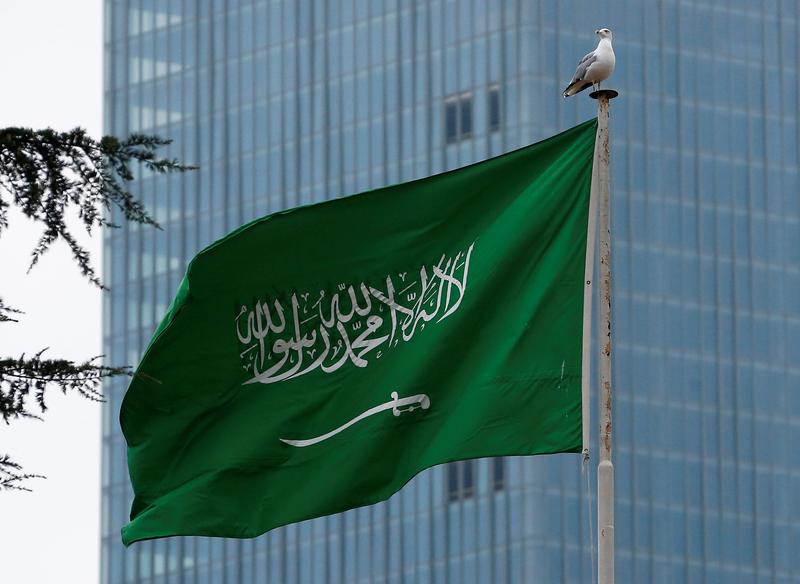
Germany's BND foreign intelligence agency, in an unusual public statement issued on Wednesday, voiced concern that Saudi Arabia was becoming impulsive in its foreign policy as powerful young Deputy Crown Prince Mohammad bin Salman asserts himself.
The BND also said that with Saudi Arabia — the world's No. 1 oil exporter — losing confidence in the United States as a guarantor of Middle East order, Riyadh appeared ready to take more risks in its regional competition with Iran.
Since King Salman succeeded to power in January, Saudi Arabia has orchestrated a military coalition to intervene in neighboring Yemen to limit Iranian influence, increased support for Syrian rebels and made big changes in the royal succession.
Riyadh has long viewed Iran as aggressive and expansionary and regarded its use of non-state proxies such as Lebanon's Hezbollah and Iraqi Shi'ite militias as aggravating sectarian tensions and destabilizing the region. But under Salman, it has moved more assertively to counter its regional foe.
Germany's BND pointed to efforts by the two rivals to shape events in Syria, Lebanon, Bahrain and Iraq, with Saudi Arabia increasingly prepared to take military, political and financial risks to ensure it does not lose influence in the region.
"The thus far cautious diplomatic stance of the elder leaders in the royal family is being replaced by an impulsive interventionist policy," the BND said, adding the Saudis remain committed to the removal of Syrian President Bashar al-Assad.
Iran, a major ally of Assad, denies having expansionist aims and accuses Saudi Arabia of undermining regional stability through its backing of Syrian rebels and intervention in Yemen.
The BND issued the 1-1/2 page report, entitled "Saudi Arabia — Sunni regional power torn between foreign policy paradigm change and domestic policy consolidation", to some German media. Reuters also obtained a copy.
It pointed to risks stemming from the concentration of power in Prince Mohammad, who it said could get carried away with efforts to secure the royal family succession in his favor.
The BND said there was a risk he would irritate other royal family members and the Saudi people with reforms, while undermining relations with friendly, allied states in the region.
Saudi Arabia faces a budget deficit that economists estimate could total $120 billion or more this year. This has led the Finance Ministry to close its national accounts a month early to control spending.
Prince Mohammed, who is second-in-line to rule, is also the Saudi defense minister and head of a supercommittee on the economy. The young prince has enjoyed a dizzying accumulation of powers since his father became king and placed him in the line of succession ahead of dozens of cousins.




